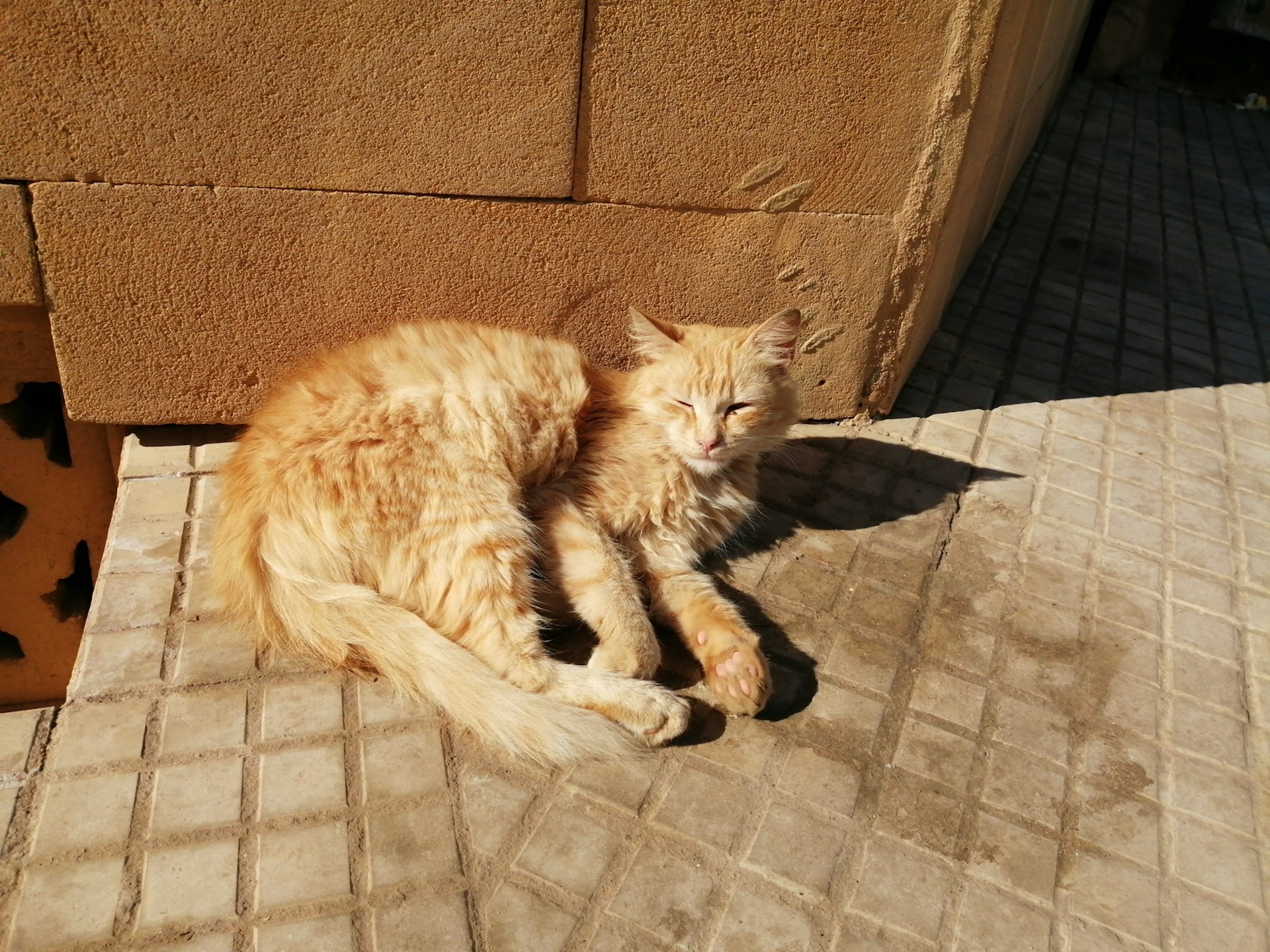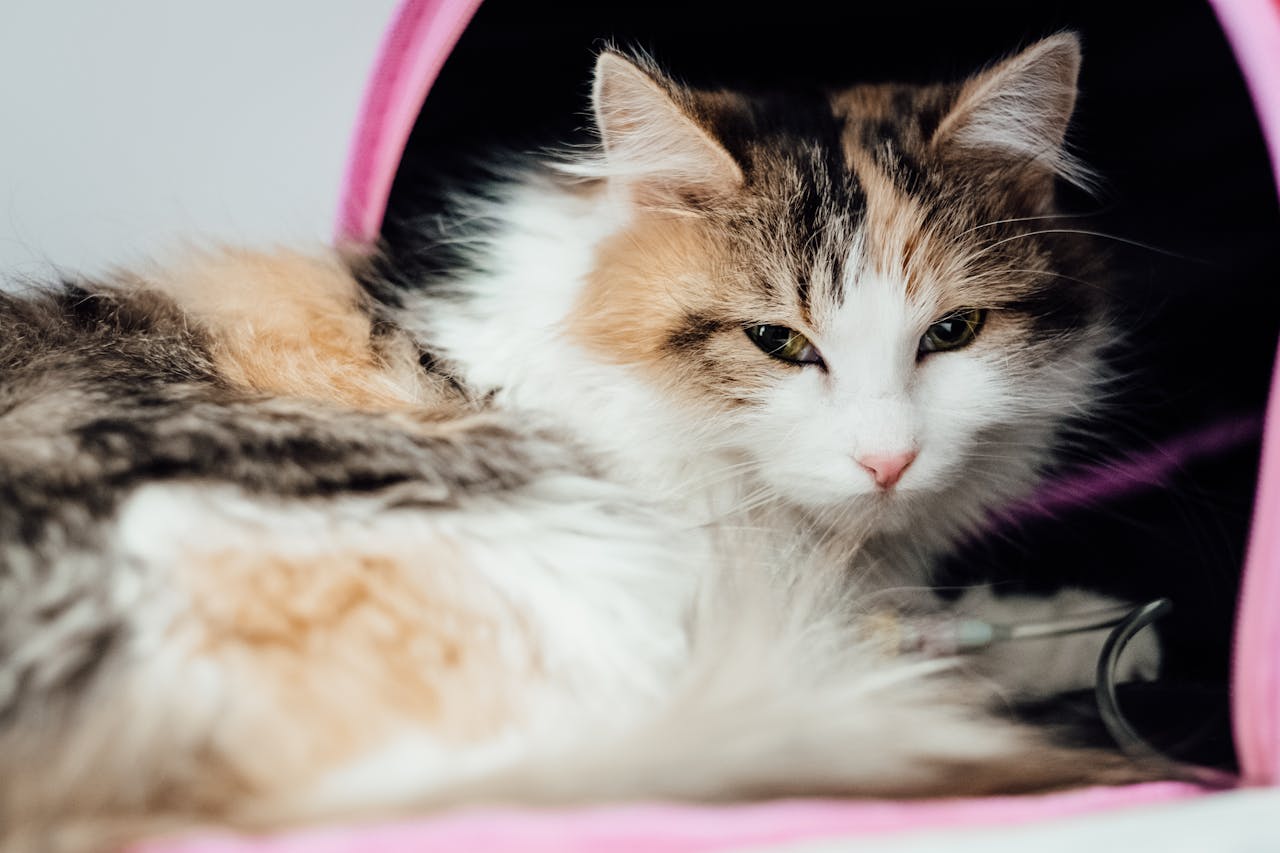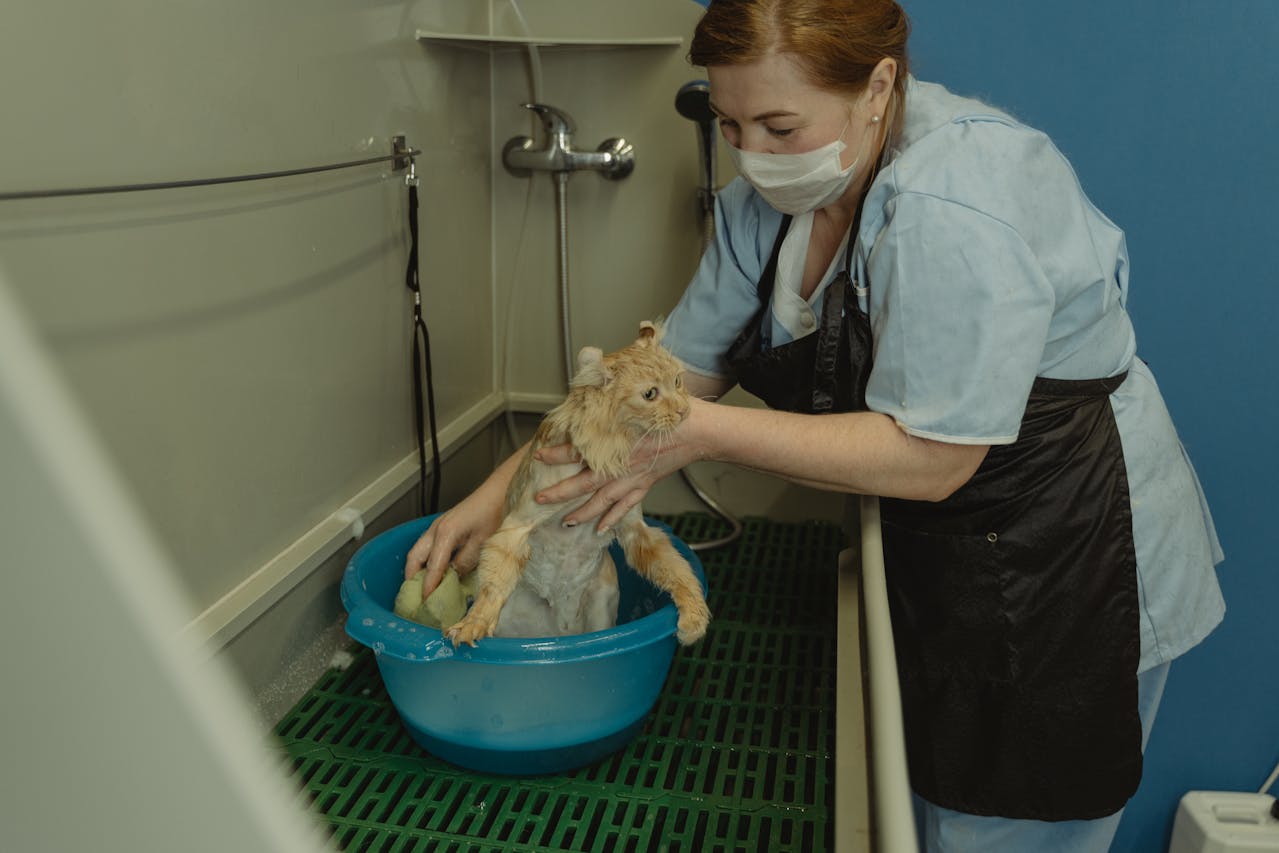Pet Gastritis: What You Need to Know

Unfortunately, those questionable snacks can cause a lot of discomfort.
What Is Gastritis?
Gastritis is the inflammation of the stomach lining, and it's a common issue for dogs and cats. According to Nationwide Pet Insurance, it was the fourth most common reason cats were taken to the vet last year and the seventh most common reason for dogs.
Signs Your Pet Might Have Gastritis
If your pet has been vomiting for more than a day or two and seems tired or out of sorts, gastritis could be to blame. It’s always a good idea to contact your vet if you notice these symptoms.
Causes of Gastritis
Gastritis can be acute (short-term) or chronic (long-term). Here’s what might be causing your pet’s stomach problems:
Acute Gastritis (lasting less than a week):
-
Eating spoiled food, plants, foreign objects, or hair
-
Allergic reactions or sensitivities to food
-
Ingesting chemicals like fertilizer or cleaning agents
-
Side effects from medication
-
Bacterial or viral infections or parasites
-
Acute pancreatitis
-
Sepsis or shock
Chronic Gastritis (long-term):
-
Repeated exposure to causes of acute gastritis
-
Gastric or intestinal blockages
-
Irritable bowel syndrome
-
Stomach cancer
Symptoms to Watch For
The main signs of gastritis are nausea, vomiting, and lethargy. If vomiting continues for more than 24 hours, it could be something more serious, like pancreatitis. Always talk to your vet before giving your pet any home remedies or over-the-counter treatments.
Your vet may recommend blood tests, urinalysis, fecal analysis, and sometimes imaging tests like ultrasounds or X-rays to figure out what’s wrong.
When to See the Vet
Contact your vet right away if:
-
Your pet keeps showing symptoms after a period of withholding food and water as advised.
-
There’s blood in their vomit.
-
They seem to be in pain or have other signs of illness.
Helping Your Pet Recover
Follow your vet’s advice about diet and hydration. Often, the solution is to withhold food and water for a little while, then gradually reintroduce a bland diet. Once your pet is symptom-free for a few days, they can usually go back to their regular food.
In some cases, vets may recommend antacids or stomach protectants but always check with your vet for the right dosage and instructions. Never try to medicate your pet without professional guidance.
Keeping Your Pet Safe
Even with careful monitoring, pets can accidentally eat things that make them sick. New foods or medications can also trigger gastritis. Last year alone, Nationwide Pet Insurance processed over 30,000 claims for gastritis in dogs and nearly 2,500 for cats.
The bottom line? Keep a close eye on your pet’s habits, know the warning signs, and always reach out to your vet if something feels off. A little caution goes a long way in keeping your furry friend happy and healthy.
Get insurance plans with wide-ranging coverage options













